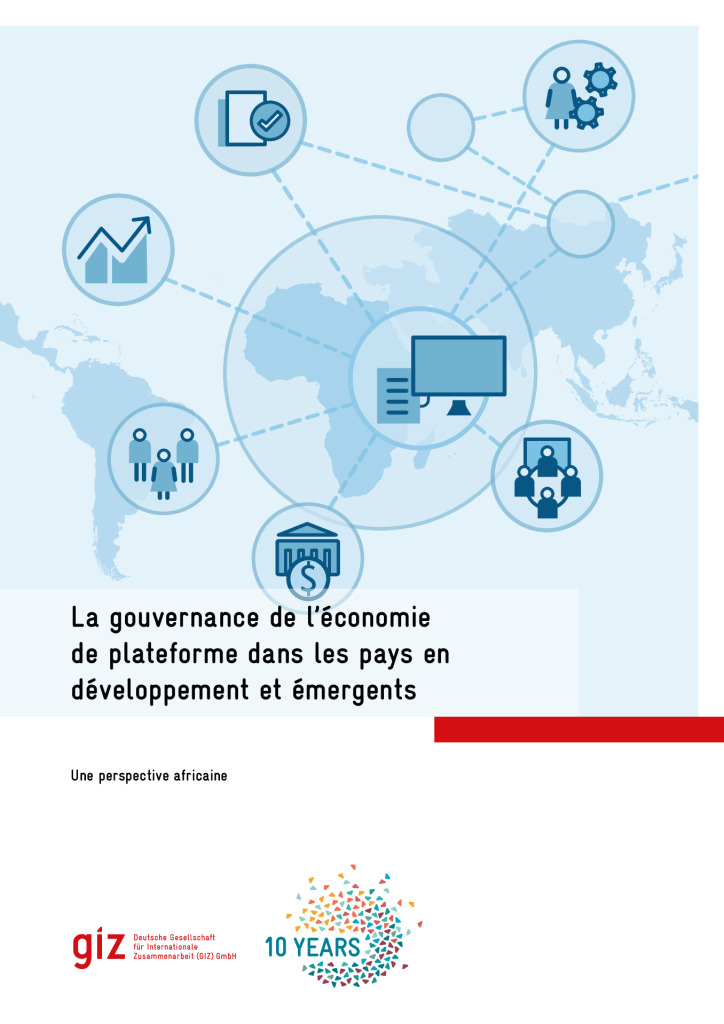Seminar on Regional Integration and Value Chains at the BRICS Academic Forum 2015
Archive Economic Policy Forum

In the run-up of the 7th BRICS Academic Forum in Moscow, members of the Economic Policy Forum met on 21 May 2015 at the National Research University Higher School of Economics, to discuss and finalize the first round of publications on current challenges of regional economic integration and the creation of sustainable global value chains. The event was co-organized and hosted by the South African Institute for International Affairs (SAIIA) and the Higher School of Economics (HSE).
In the first half of the seminar, the discussion revolved around the analysis and evaluation of current – contradictory – frameworks and trends, i.e. the ongoing but continually deadlocked multilateral negotiations within the WTO vs. the simultaneous proliferation of regional / free trade and mega trade agreements such as TTIP and TPP. New forms of integration may be needed and more effective, as in the case of Latin America, where FGV and IPEA currently conduct research seeking to develop regional value chains around specific sectors such as renewable energy. Markets could be created around products and technologies that are significant for all partners involved, without overburdening the process by FTAs and ambitious standards and norms, but instead through exploitation of regional complementarities. Such efforts also stand a good chance to benefit from global pressures for sustainable solutions that favour regional over global value chains (GVCs), since distance – even in today’s interconnected world – still matters. In the discussion, it was debated, however, if and how this Latin American approach was transferable to other countries and regions. Russia, for example, preferably engages in FTAs with individual – often weaker – partners as a way to bolster its security concerns, spanning two continents with opportunities and challenges to the East and West. Other countries are also cautious to engage in GVCs, wary of the huge competitive and development disparities that exist and a lack of workable policy solutions to address these effectively. Participants agreed that the WTO as the legitimate body to balance out different interests in multilateral negotiations need to be fought for and revived – as this guarantees also smaller and weaker countries a voice. In how far current FTAs and RTAs are a complementary or thwarting force for a revival of multilateralism was actively debated.
In the second half of the workshops, analyses from China (on enhancing corporate drivers for a stronger integration specifically within ASEAN), South Africa (on regional investment trends and effects) and Brazil (on its role as a hub for regional integration) were examined. In the Russian context, the regional dimension of Russia’s foreign direct investment was examined and the Southern African energy industry was considered as a potential driver of regional integration.
© Copyright Seminar Note by SAIIA



